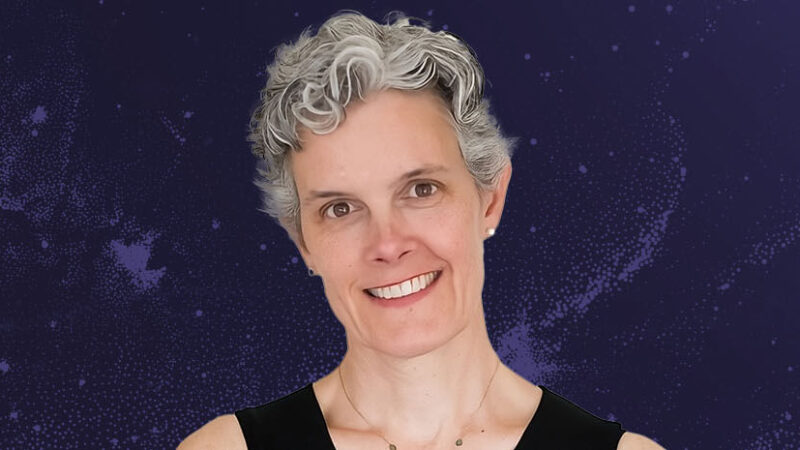Helen Riess: Seven Keys to Increase Empathy
Dr. Helen Riess is an associate clinical professor of psychiatry at Harvard Medical School and the director of the Empathy and Relational Science Program at Massachusetts General Hospital. With Sounds True, she has published The Empathy Effect: Seven Neuroscience-Based Keys for Transforming the Way We Live, Love, Work, and Connect Across Differences. In this episode of Insights at the Edge, Tami Simon speaks with Helen about the development of the E.M.P.A.T.H.Y. program—a method for teaching and promoting empathy that draws on neuroscience and physiology. They talk about how Helen became interested in the science of empathy and why recent research into the subject has yielded such positive results. Helen walks listeners through each step of the E.M.P.A.T.H.Y. process, highlighting the benefits of more actively attending to every social interaction. Finally, Helen and Tami discuss the active training of empathy in education, business, and the medical community, emphasizing why these skills are necessary for the survival of human civilization. (64 minutes)
Tami’s Takeaway: A very simple technique that Dr. Helen Riess teaches for establishing empathic connection with people is to mentally note the eye color of the person when you first meet. This is a technique that she teaches to doctors and medical practitioners who are often moving quickly in a task-oriented way, not pausing to make genuine contact with the people they are serving. (Sound familiar, anyone?) My takeaway is to employ this technique in the office at Sounds True with the 130 people who work here. The early reports indicate that these experiments in noting eye color (even during hallway conversations and in meetings) have quickly created a sense of real connection—moments that I cherish.






